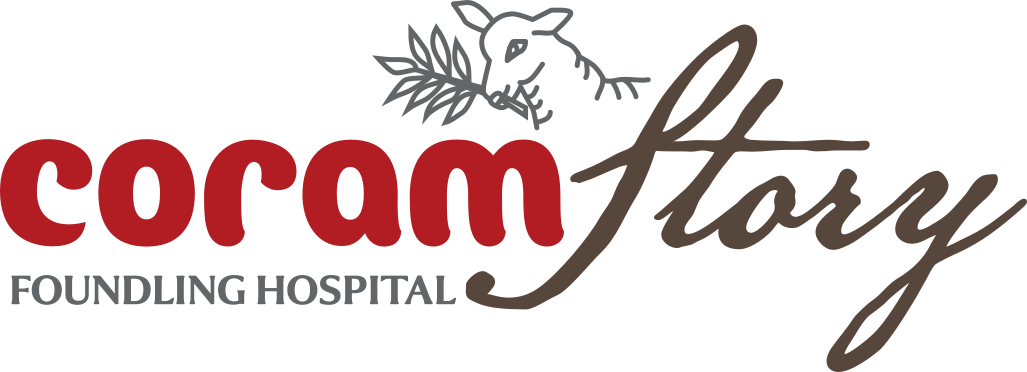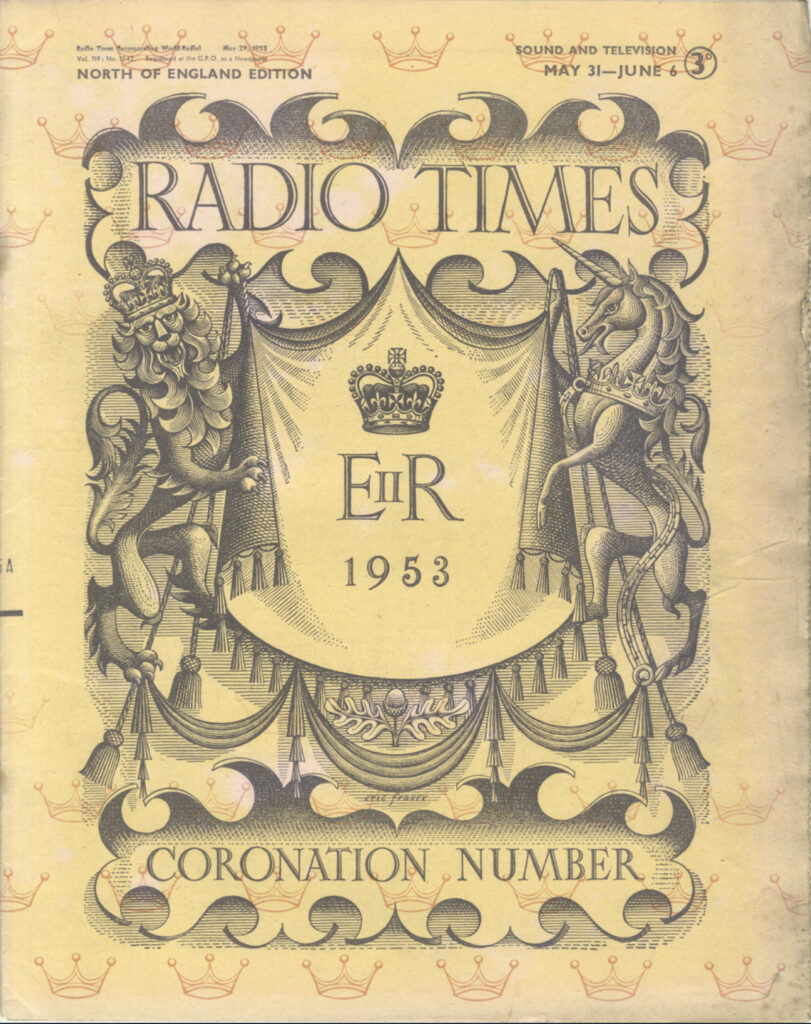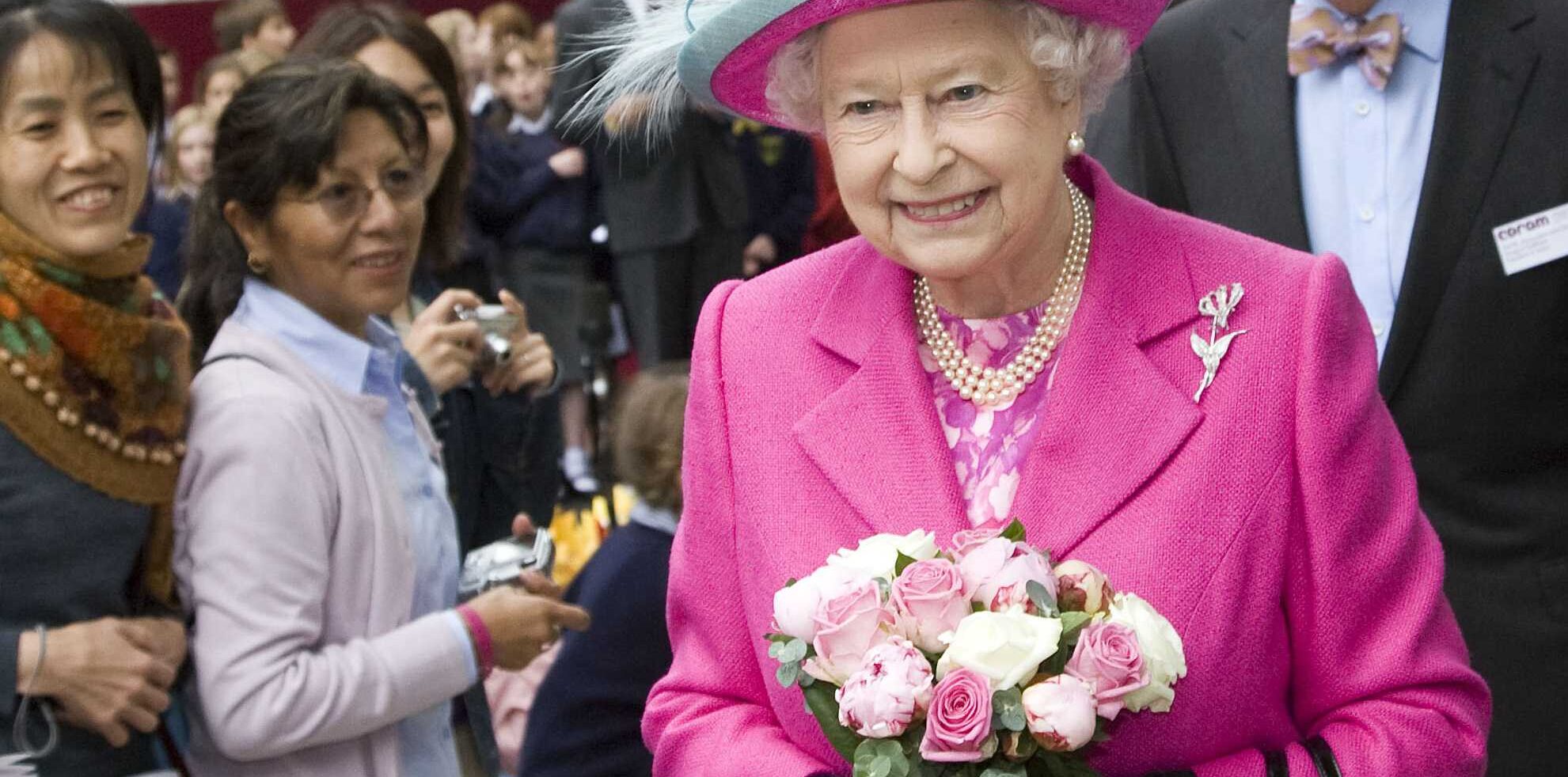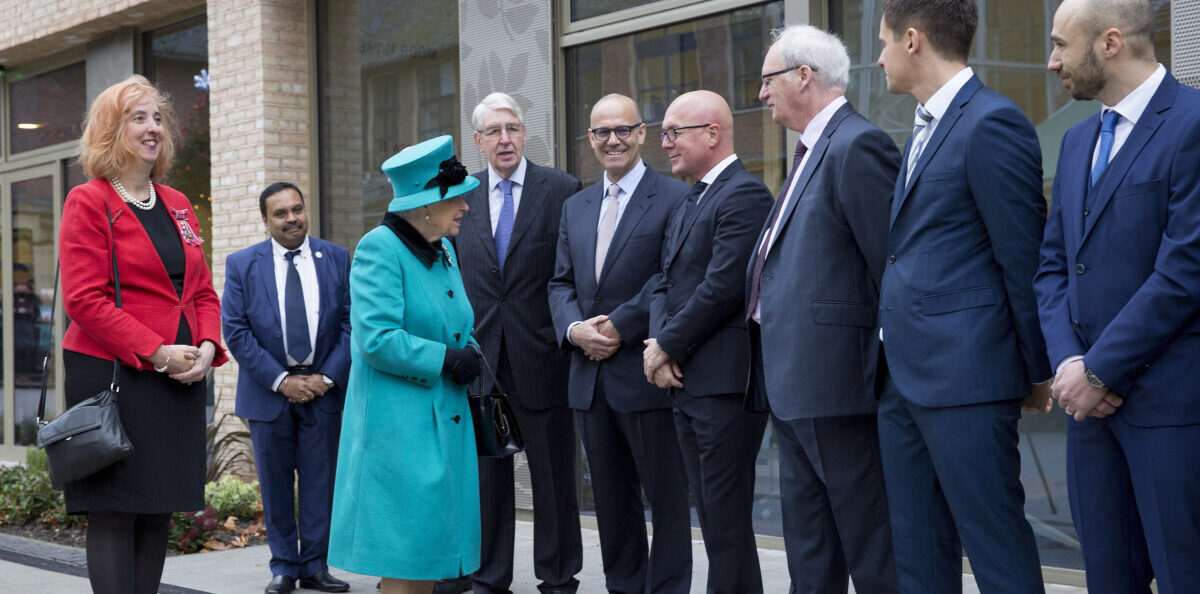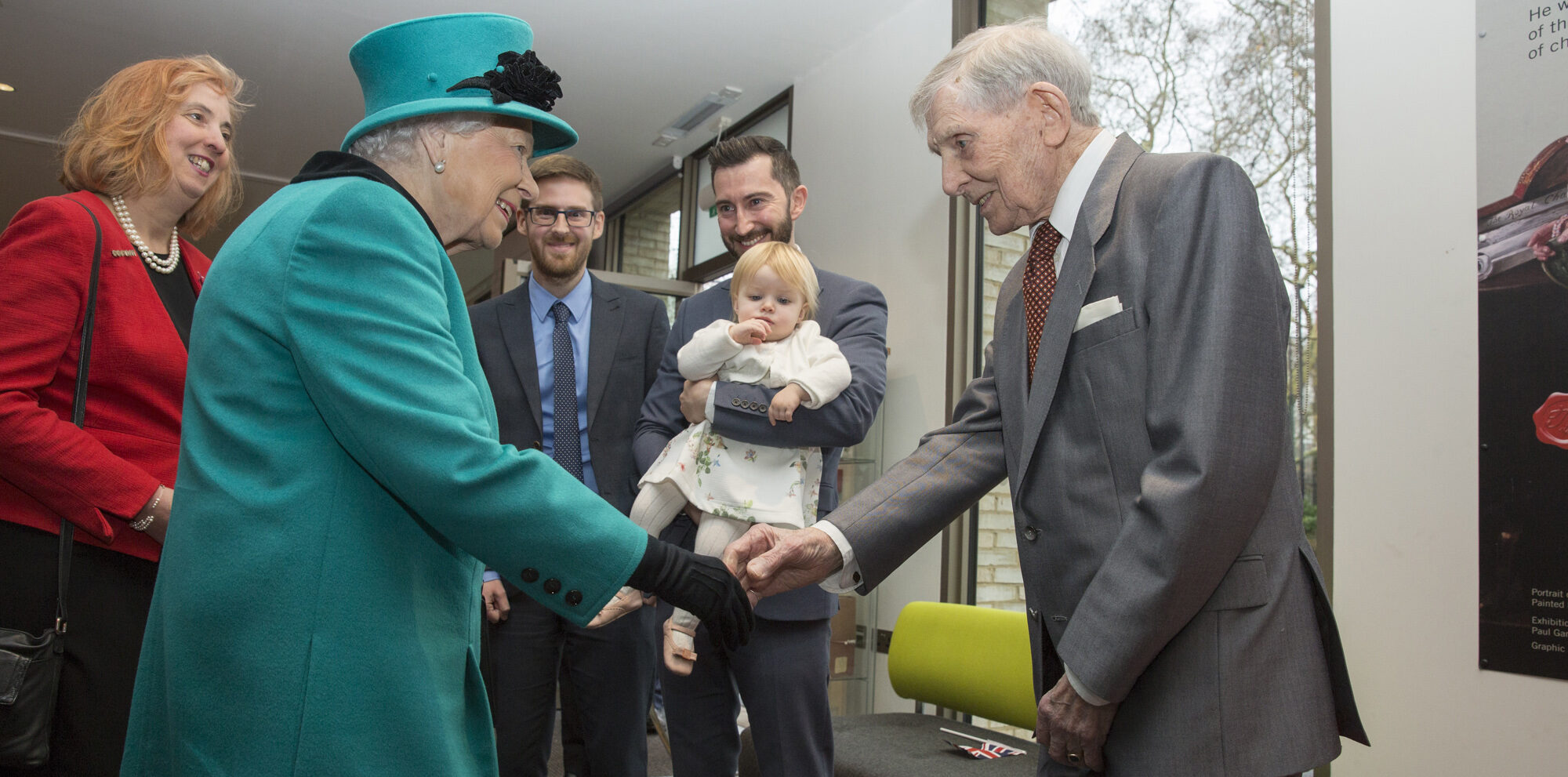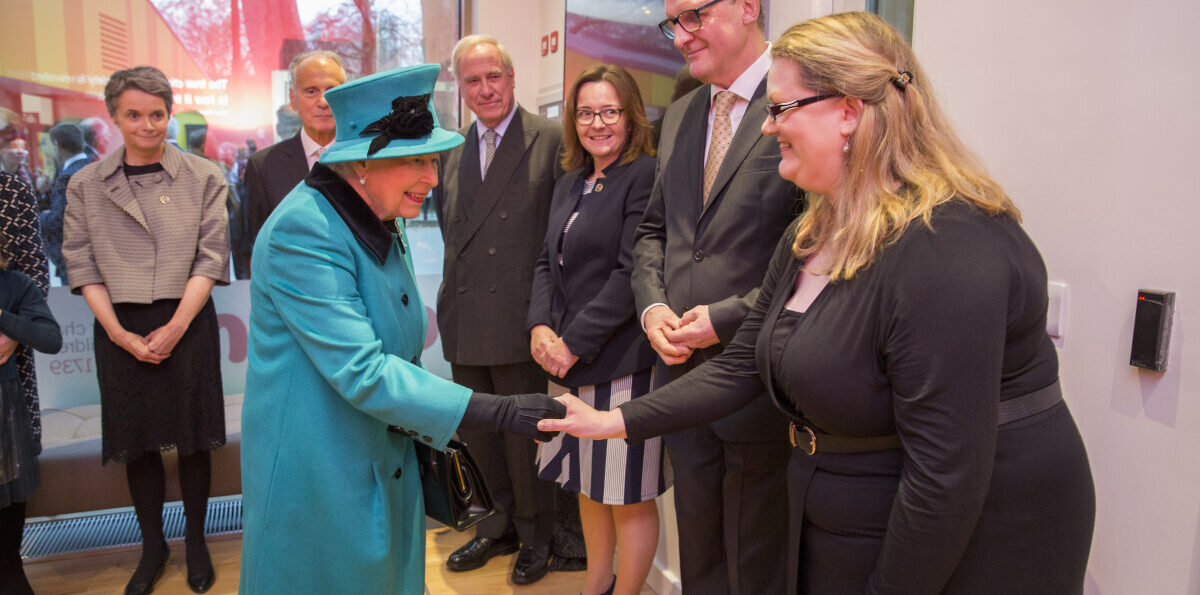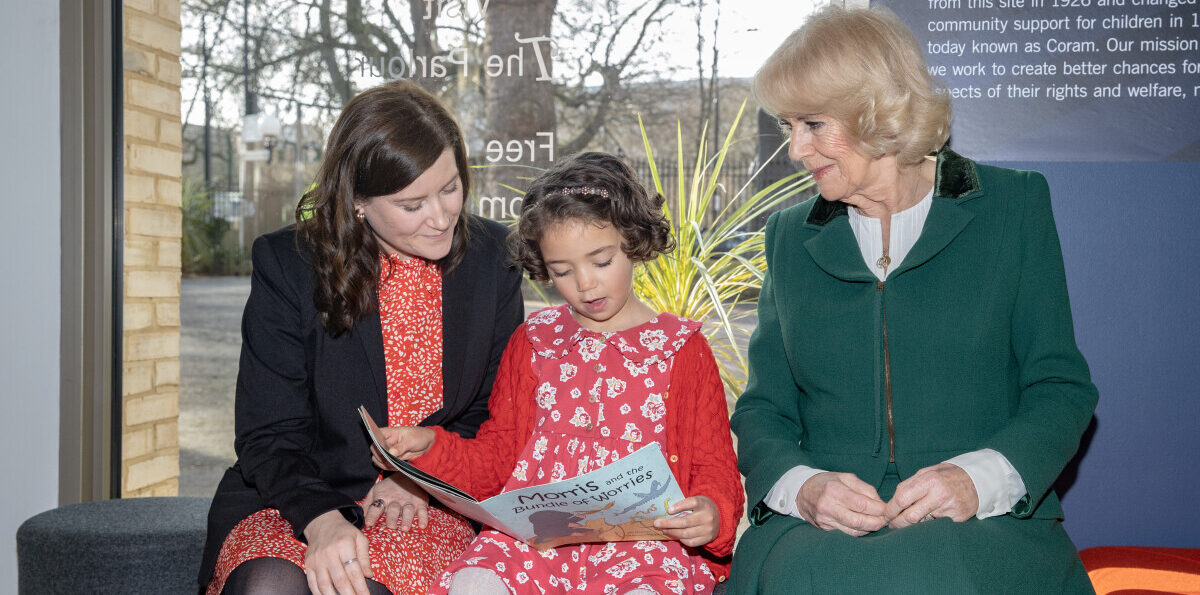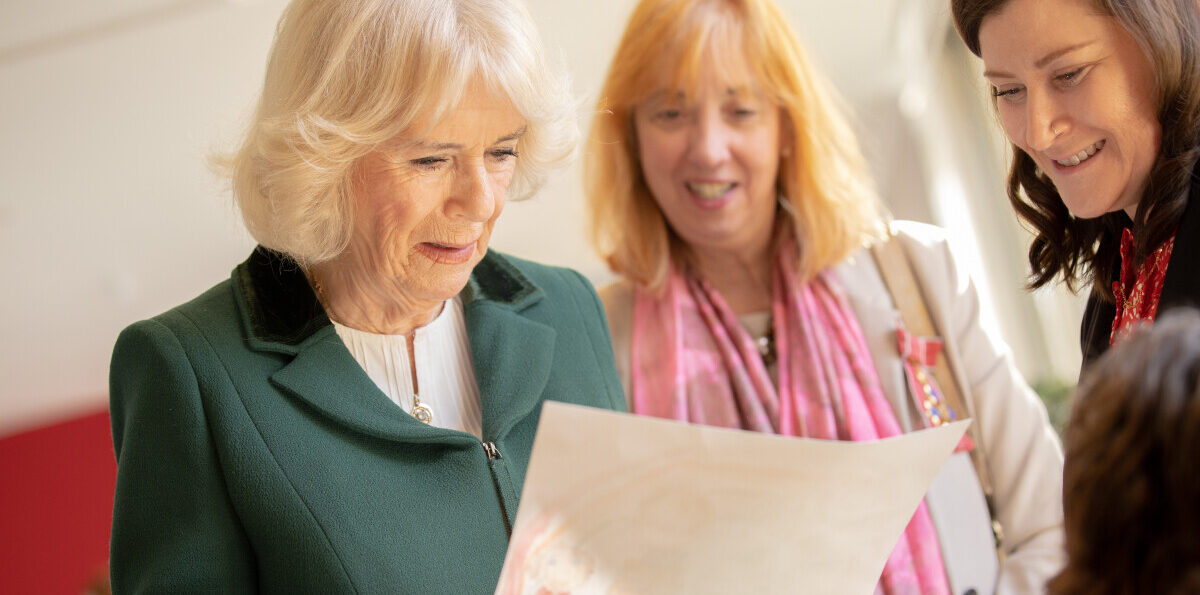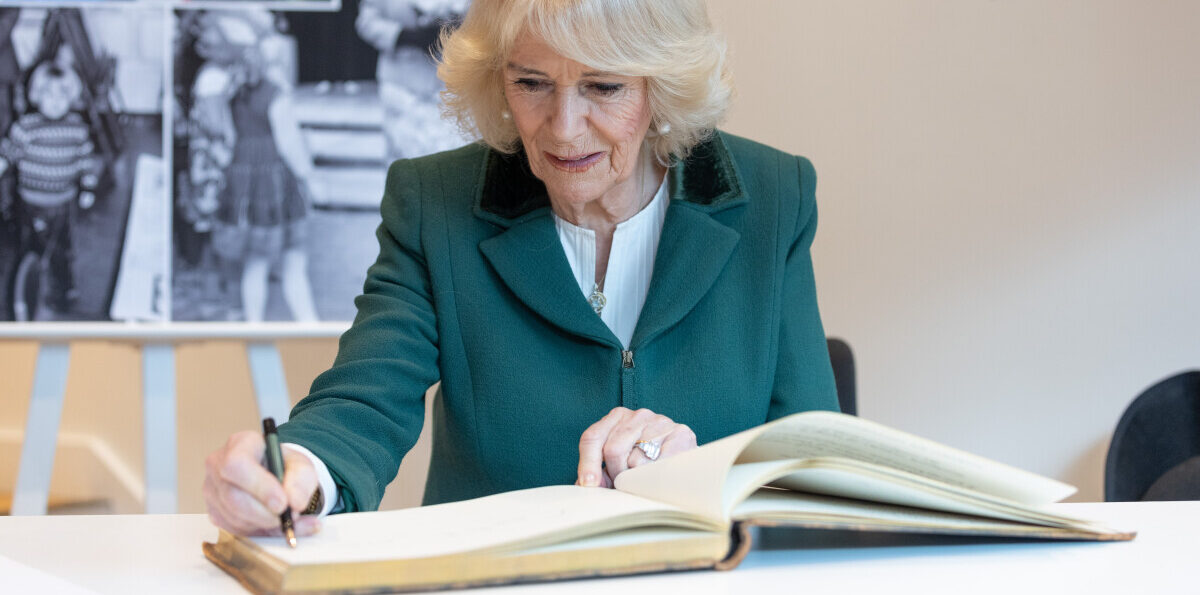To honour the coronation of King Charles III, we look back into our archive to explore how staff and pupils at the Foundling Hospital celebrated previous coronations.
Royal support was at the heart of Thomas Coram’s campaign for a Foundling Hospital: when George II granted a royal charter in 1739, it meant that the Foundling Hospital would be built.
Ever since, the coronations of British monarchs have highlighted those close connections.
As Prince of Wales, the grandson of George II had been President of the Foundling Hospital from 1809. He held this office until he became King George IV in 1820, when his brother the Duke of York and Albany took over.
When, in July 1821, George was crowned, the Foundling Hospital’s sub committee ordered ‘that two dozen of wax torches be provided to illuminate the front of the Hospital on the occasion of the Coronation of his Majesty.’ We also know that the children were given plum puddings to mark the occasion.
In 1830, William succeeded his brother and was crowned the following year. On 7 September 1831, Mr Aldridge, Mr Devon and Mr Greenwood, three governors meeting at the hospital agreed that ‘The coronation of their majesties being appointed to take place tomorrow… the same allowances be made to the Children’s officers and Servants of the Hospital and the same number of torches provided as were granted on the Coronation of his late majesty George the fourth.’
No mention of plum pudding though. It was back on the menu when Queen Victoria was crowned on Thursday 28 June 1837. On the Saturday before the event, the governors decided, ‘that on Thursday next, being the day appointed for the coronation of Her Majesty the Queen, the children have a holiday and Plum Pudding, and that extras be provided for the officers’ and servants’ tables.’
Edward VII’s coronation was set for June 1902, although it had to be rescheduled to August when he developed appendicitis. In May, the London Letter – a syndicated column which included official news of royal events– reported that on the day of the Coronation, the Prince and Princess of Wales would ‘entertain 12,000 orphans in the grounds of Marlborough House (their London residence).’
There was a special treat for the Foundlings. Children from the Foundling Hospital ‘will be the guests of their Royal Highnesses on the day of the Coronation, and besides having the opportunity of seeing the Royal processions, they will be entertained to dinner and each presented with a cup as a souvenir of the occasion.’
We can find no details in the British newspaper archives of celebrations at the Foundling Hospital for the coronations of George V and George VI but it is likely that the events were marked.
By the time of the next coronation of Queen Elizabeth II, the Old Coram Association had been formed. Its members, all former pupils of the Foundling Hospital and its successor, the Thomas Coram School, were keen to celebrate. Francis Garnier – probably a member of OCA – wrote a special hymn which was published in Coram News.
In its leader column the editor of Coram News, Wyndham Gray, gave a personal perspective on the day:
“As I write, the decorations still adorn the streets, and great numbers of visitors are admiring the lavish ones on the Coronation Route in London. I was one of the vast body of unseen worshippers, probably twenty million I hear, that took part on the Coronation ceremony, and had an unforgettable view of the whole proceedings. For this experience I am deeply indebted to all our members whose generosity kindly allowed me to be the proud possessor of a television set.”
Images:
The cover of the Radio Times marking the coronation of Queen Elizabeth II. Nearly 12 million people in the UK, and millions more abroad, were able to watch the event on television on sets that were hired or bought for the occasion. They included the Coram News Editor Wyndham Gray. Source: https://bit.ly/44yTZ31
Queen Elizabeth II on her Coronation Day. Photo by Cecil Beaton – Royal Collection RCIN 2153177, Public Domain. Source: Wikimedia Commons https://commons.wikimedia.org/w/index.php?curid=122817149
You can view a gallery of photos from royal visits to the Coram campus below.
